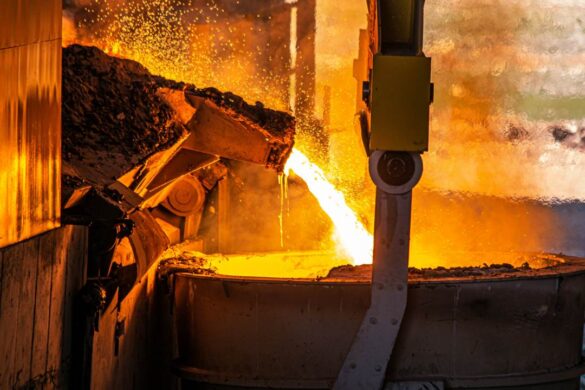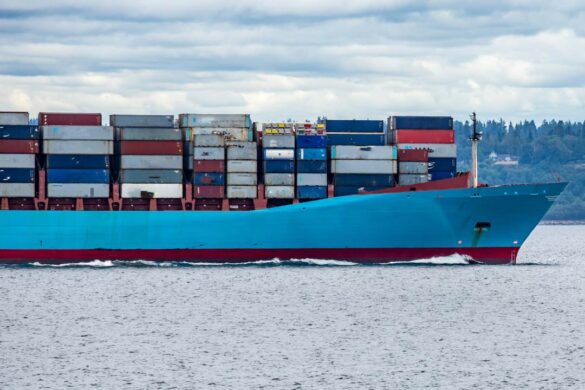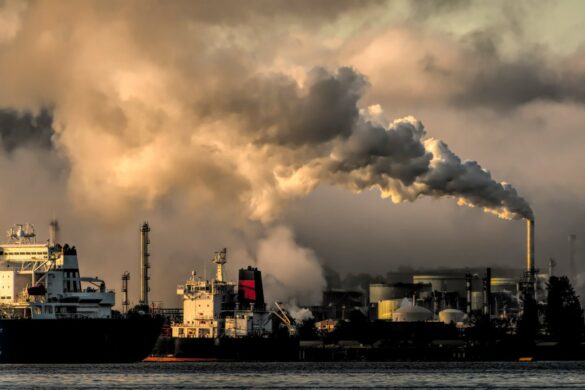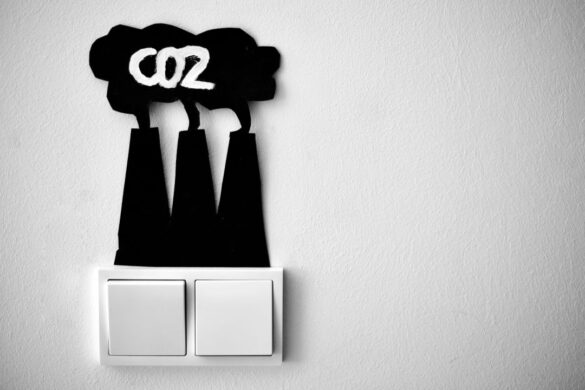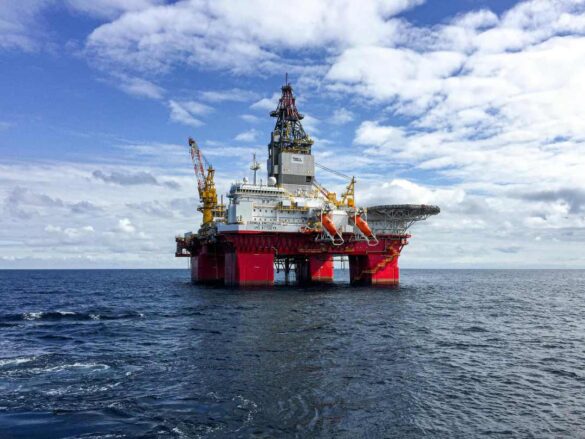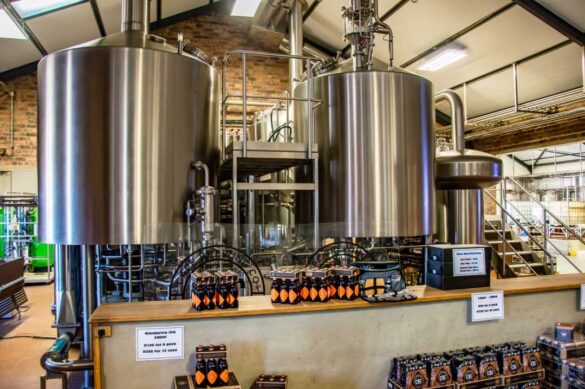Microsoft Inks Deal for Biochar Carbon Removal Credits
Microsoft signed a 6-year agreement with The Next 150, a climate solutions provider, to purchase 95,000 tons of carbon removal credits.
Indian Steelmakers to Meet Global Emission Standards by 2030; Says Crisil
Lowering emissions will enhance their environmental credentials and also open doors to new funding avenues.
Will Europe Launch Carbon Tax on LNG Imports?
The EU launched its carbon border adjustment mechanism (CBAM) in October 2023, initially targeting specific industries like steel and aluminum. While LNG isn’t included for now, the bloc has extended its Emissions Trading Scheme (ETS) to shipping.
Abu Dhabi’s Landmark Sustainability Project: The Net-Zero Energy Mosque
Pioneering Sustainable Mosques Around the Globe: Embracing Net-Zero and Super Low Energy Standards
South Korea’s Top Polluters Profited Millions Through Carbon Sales
South Korea’s major polluting entities have amassed 475 billion won ($357 million) by trading unused carbon emissions permits within the nation’s program over the initial eight years.
Ericsson Sets Ambitious Climate Targets with SBTi Approval
The company has pledged to cut emissions by 90% across its value chain from 2020 levels by the end of 2040, with plans to neutralize the remaining 10% through approved carbon removal methods.
Carbon Offsetting Service by Mashreq and Fils to Transform UAE Sustainability Practices
This collaboration seamlessly integrates carbon offsetting into the daily cash management activities of corporations, allowing them to manage their carbon footprint through their Mashreq corporate accounts directly.
Abu Dhabi’s ADNOC to Invest Dh 84 Billion for Decarbonization
Abu Dhabi National Oil Company reinvests Dh178 billion into the UAE economy in 5 years; Dh84 billion into decarbonization efforts.
How to Chart India’s Path to Green Hydrogen Leadership Through Five Key Objectives? Explains A Report by WEF & Bain
To achieve its ambitious goal of producing at least 5 MMTPA of green hydrogen production by 2030, India should
#Reduce the cost of green hydrogen by lowering the associated renewable electricity expenses
#Invest in advances in electrolyzer manufacturing,
#Invenst in infrastructure and innovative R&D
Ten Words That Shaped Climate Conversation In 2023
Renjini writes about ten words that are now become a part of our daily conversations on climate change and climate action plans


